Photo by Rawpixel on Unsplash
What is impact?
The impact element of the REF considers the reach and significance of the impact of research outside of academia. It accounts for 25% of the assessment weighting. For the purposes of the REF, impact is defined as “an effect on, change or benefit to the economy, society, culture, public policy or services, health, the environment or quality of life, beyond academia.”
It could include a change or benefit to:
- the activity, attitude, awareness, behaviour, capacity, opportunity, performance, policy, practice, process or understanding
- of an audience, beneficiary, community, constituency, organisation or individuals
- in any geographic location whether locally, regionally or nationally or internationally.
For this element of the REF assessment, impact case study teams are expected to submit a five page template which includes details of the underpinning research, resulting impact and evidence to support the impact claimed. The impact case study template can be found in Annex G of the Guidance on Submission document.
Who can help?
Each Unit of Assessment (UoA) is led by a UOA Leader, supported by academic Impact and Outputs Champions. You can find out who your UoA Leadership team is on this section of the blog.
In addition to this, there are four Impact Officers based in Research Development & Support – one per Faculty – who can help build an understanding of impact and develop impact case studies for REF2021. They can help you put into place an action plan to accelerate the impact of your research, provide support to undertake those activities and assist with evidence gathering. They can also help provide links to other forms of support within BU, such as working with the PR team or Policy team.
Some UoAs have a dedicated Impact Post-Doctoral Research Assistant who are there to build research capacity, plan and carry out impact activities and write up research work for publication, among other duties.
How can you go about developing the impact of your research?
Demonstrating impact is becoming an increasingly normal part of academic life, with changes in the external environment underpinning the need to show how research is making a difference. Impact should be considered at all stages of the research lifecycle.
When planning your research proposal, consider how your research will make a difference and how it is meeting the needs of society. You could use this as an opportunity to engage with relevant stakeholders when designing your research project, which will make the results more relevant to your end users. Talk to the Public Engagement Team in RDS for support in developing your engagement ideas.
The change you have in mind will shape the impact activities that you undertake. Do you think your research might change policy? Could it make a difference to the way a business functions? Or could it shift public opinion on a key topic? Knowing your objective makes it easier to identify your target audience and therefore the mechanisms you use to influence them. Your Faculty Impact Officer will be able to help you plan your activities and the milestones you need to reach to achieve them.
Once research is underway and findings are emerging, you’ll need to think about the key messages that you want to convey to your target audience. It’s important to keep them clear and to use accessible language, so that a non-expert can understand them. Don’t overload your audience with information – people are more likely to remember the overall message than the fine details. Talk to the Research Communication Manager in RDS for help with shaping your messages.
You’ll also need to make sure that you’re evidencing the change made by your research. How you evaluate your activities will depend on your original objectives and what you wanted to achieve, as well as the impact activities you’ve undertaken. Your Faculty Impact Officer and Impact PDRA can help with evidence gathering.
Take a look at our Research Impact Toolkit for further information and ideas.
Want to know more?
For more information about Impact, see Part 3, Section 3 of the REF Guidance on Submissions and Part 3, Section 4 of the REF Panel Criteria and Working Methods.
Also, have a look at our other BU REF Week blog posts.


 How is the REF carried out?
How is the REF carried out?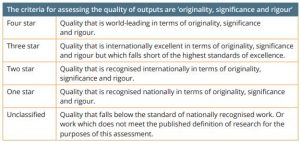
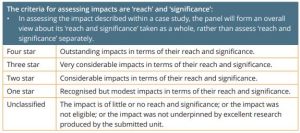








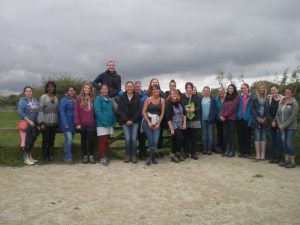


 Education is changing – but what does this look like in practice? What does the future of learning hold for students? At Bournemouth University we are responding to research that considers how teachers of the future will work with their classes.
Education is changing – but what does this look like in practice? What does the future of learning hold for students? At Bournemouth University we are responding to research that considers how teachers of the future will work with their classes.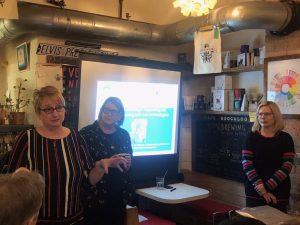
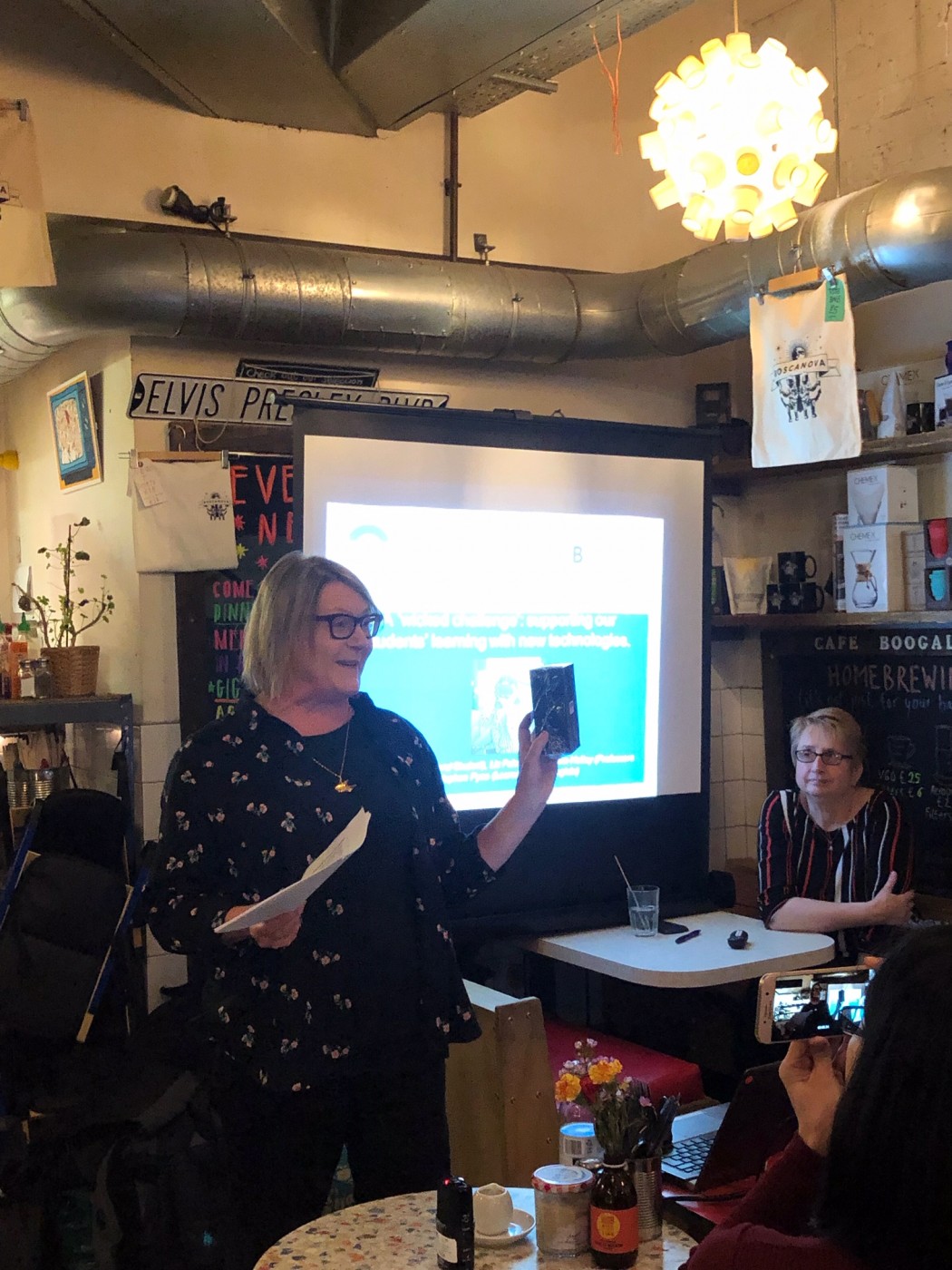


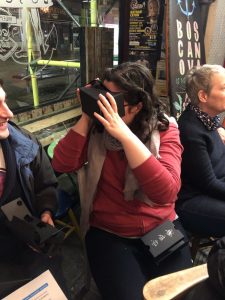

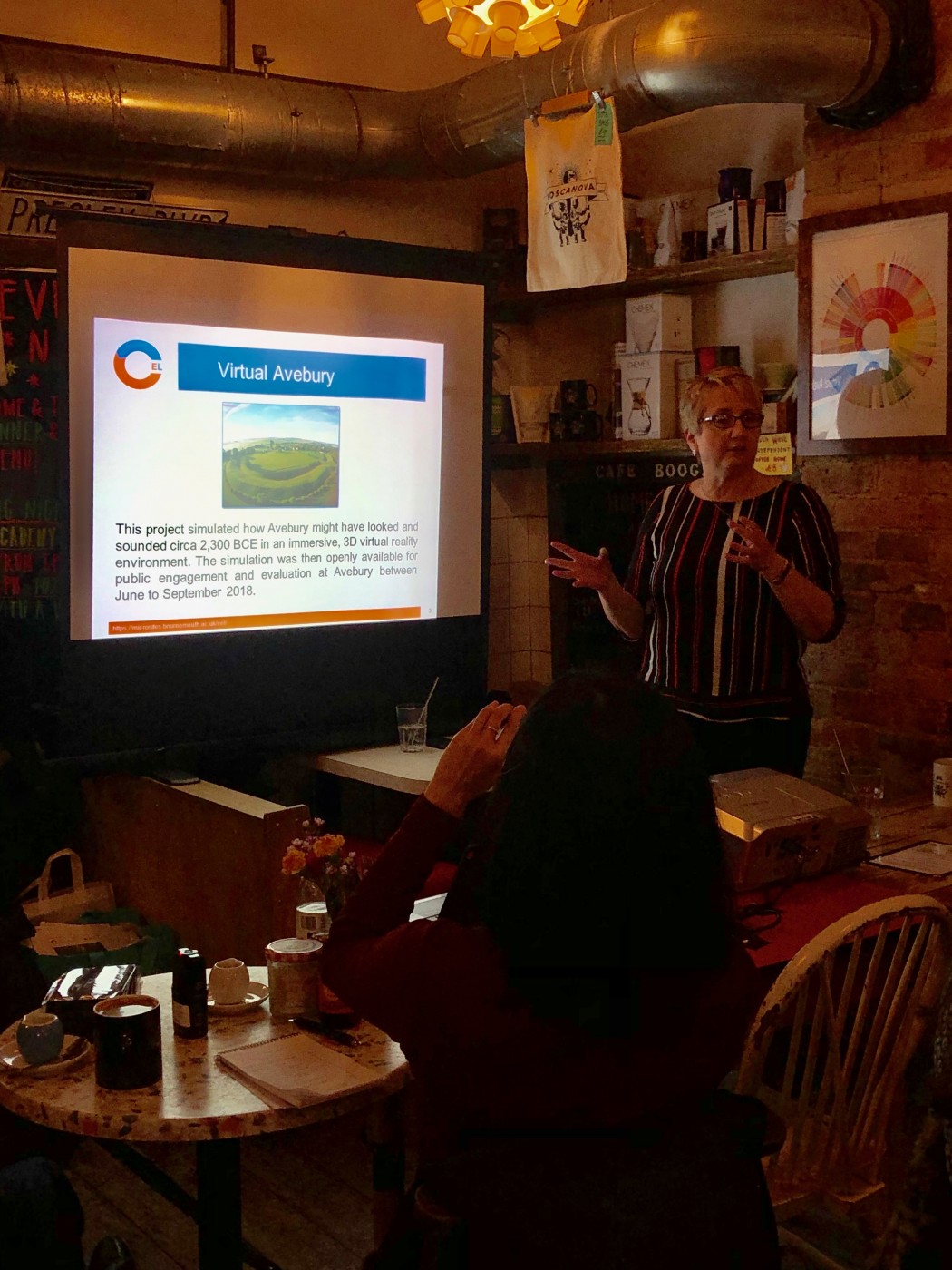 Not only did people enjoy visiting the VR Avebury, but for some it brought out an emotional reaction as they felt they had experienced some of what it would have been like to have visited the ancient site when it was still complete. One of the participants said; “I felt completely immersed in the landscape. It was really interesting to see the difference between the real stones outside and the simulation. The difference between the sizes of the banks and ditches was particularly striking!” Liz concluded with her favourite finding; that women over the age of 60 were the third most likely group to enjoy gaming (mostly on their mobile phones). It reminds us all not to pre-judge what we think people will find enjoyable and useful as a learning experience.
Not only did people enjoy visiting the VR Avebury, but for some it brought out an emotional reaction as they felt they had experienced some of what it would have been like to have visited the ancient site when it was still complete. One of the participants said; “I felt completely immersed in the landscape. It was really interesting to see the difference between the real stones outside and the simulation. The difference between the sizes of the banks and ditches was particularly striking!” Liz concluded with her favourite finding; that women over the age of 60 were the third most likely group to enjoy gaming (mostly on their mobile phones). It reminds us all not to pre-judge what we think people will find enjoyable and useful as a learning experience.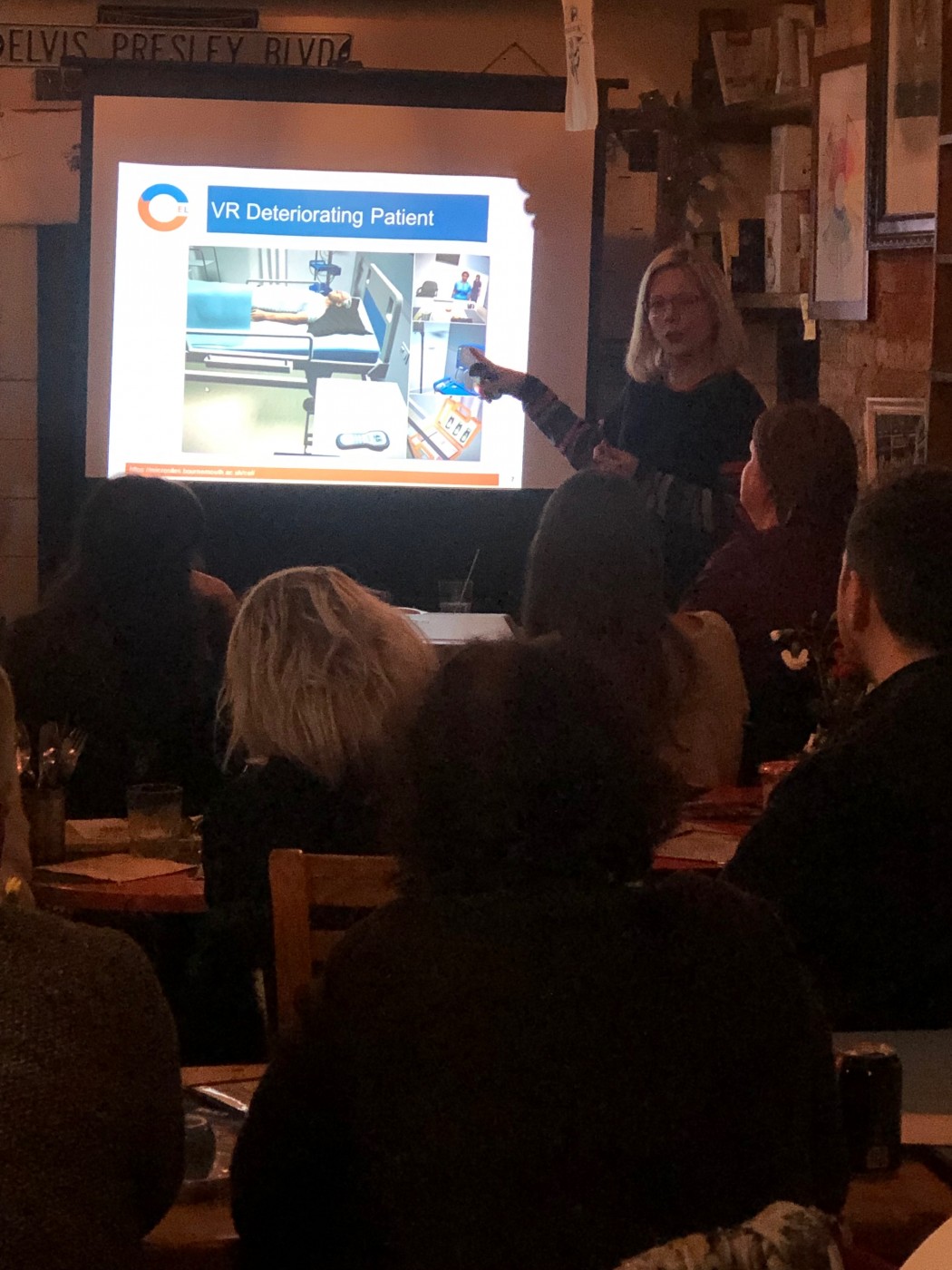
 If you’re interested in finding out more about VR, AR or 360 Video you can contact the
If you’re interested in finding out more about VR, AR or 360 Video you can contact the 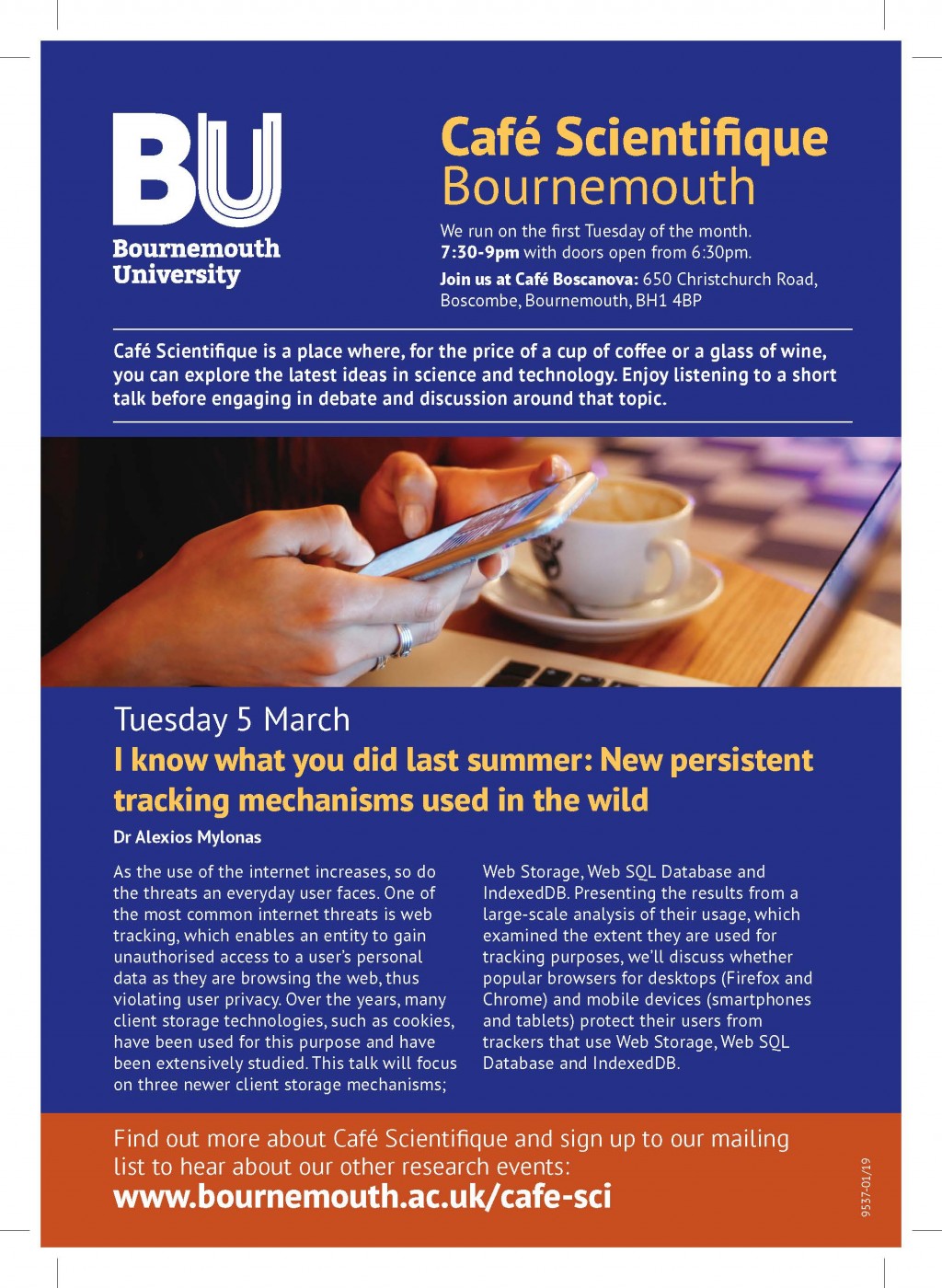

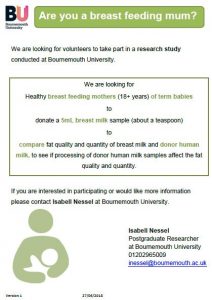












 We can help promote your public engagement event or activity
We can help promote your public engagement event or activity Funded Public Engagement Opportunity – ESRC Festival of Social Science 2024 -Deadline for Applications Thursday 16 May
Funded Public Engagement Opportunity – ESRC Festival of Social Science 2024 -Deadline for Applications Thursday 16 May 1 WEEK REMAINING- Postgraduate Research Experience Survey (PRES) 2024
1 WEEK REMAINING- Postgraduate Research Experience Survey (PRES) 2024 Conversation article: How 2-Tone brought new ideas about race and culture to young people beyond the inner cities
Conversation article: How 2-Tone brought new ideas about race and culture to young people beyond the inner cities MSCA Postdoctoral Fellowships 2024
MSCA Postdoctoral Fellowships 2024 Horizon Europe News – December 2023
Horizon Europe News – December 2023